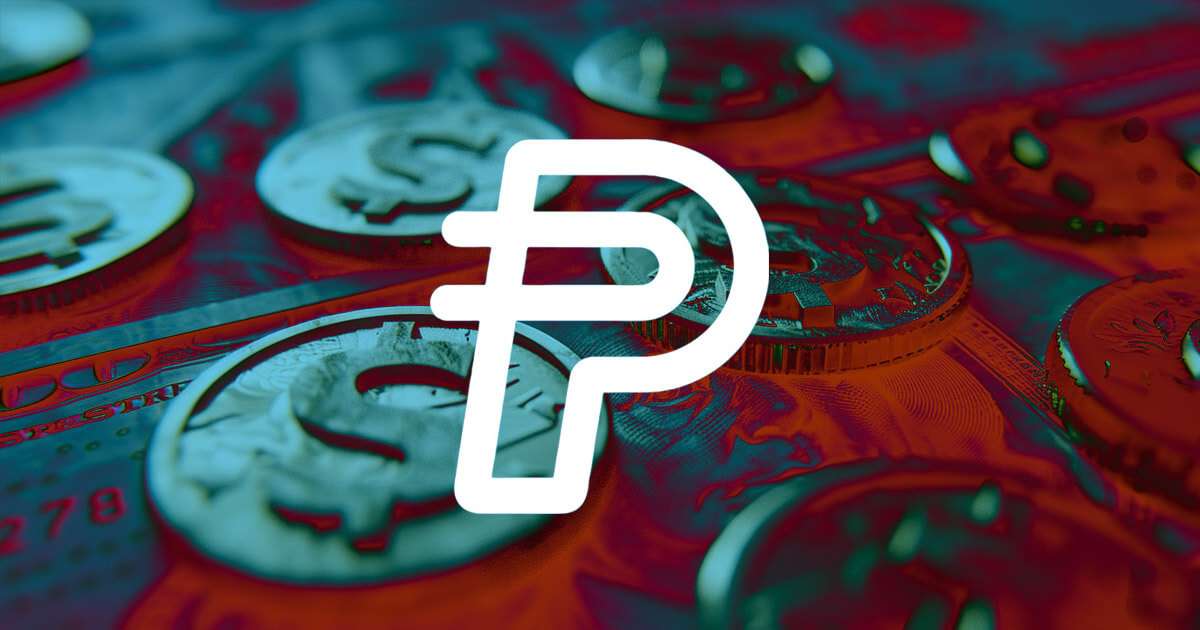
PayPal's stablecoin PYUSD has misplaced almost 30% of its market capitalization over the previous 30 days, falling from over $1 billion to $712 million as of September 25, in keeping with on-chain information.
The decline is principally as a consequence of a major discount in its market capitalization on Solana, which represented roughly 65% of the entire market capitalization on August 26.
PYUSD in circulation or locked within the Solana ecosystem fell from $662 million to $364 million as of September 25. Compared, its market capitalization on Ethereum remained secure over the interval at $340 million.
Nonetheless, the day by day common switch quantity for PYUSD has remained comparatively sturdy over the previous 30 days, primarily based on Artemis information. The stablecoin recorded a median day by day switch quantity of $242.2 million, simply $11.6 million lower than the day by day common between July 28 and August 25.
Though it’s not unusual for the stablecoin market caps fluctuate, PYUSD market cap unfavorable deviation occurred alongside progress of almost 1.6%, or $3 billion, within the world stablecoin market.
Decreased incentives
This decline is probably going as a consequence of DeFi yields falling by virtually 50% throughout the interval. The yield provided for offering PYUSD as collateral on Kamino is down almost 50% to 7.6% as of September 24, in comparison with 14% on the finish of August.
In consequence, the entire quantity of stablecoins locked within the protocol dropped by 30%, from $430 million to $296 million.
Regardless of the drop, PYUSD stays the third-largest stablecoin by market capitalization inside the Solana ecosystem, behind Tether USD (USDT)'s share of $728 million and measurement of $2.6 billion. of USD Coin (USDC).
Notably, the lower in incentives might be linked to the vary of partnerships that PayPal enters into concerning PYUSD. As reported by Fortune on August 22, PayPal has partnered with Anchorage Digital to supply secure rewards.
Thus, PayPal might divide its incentive allocations on completely different fronts, hoping to generate curiosity in varied crypto-related areas.
Moreover, PayPal introduced on September 25 that it could enable enterprise accounts situated in america to purchase, promote and maintain cryptocurrencies, as reported by Bloomberg.
